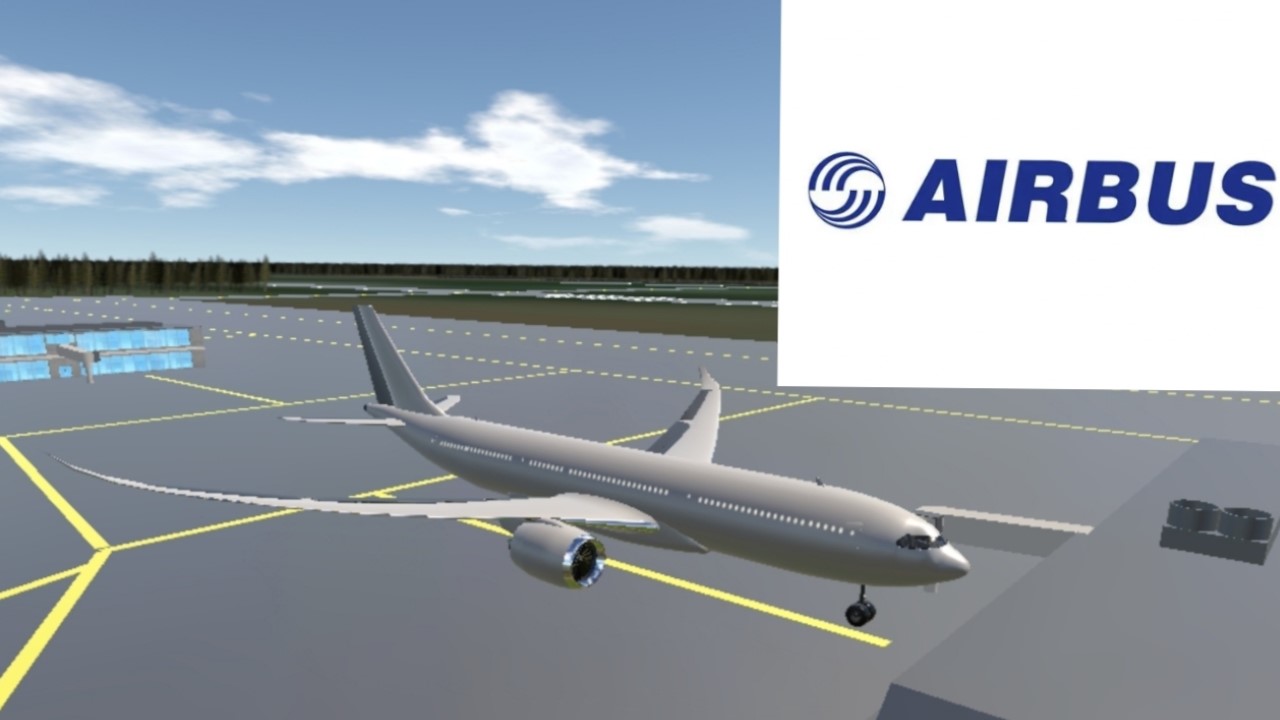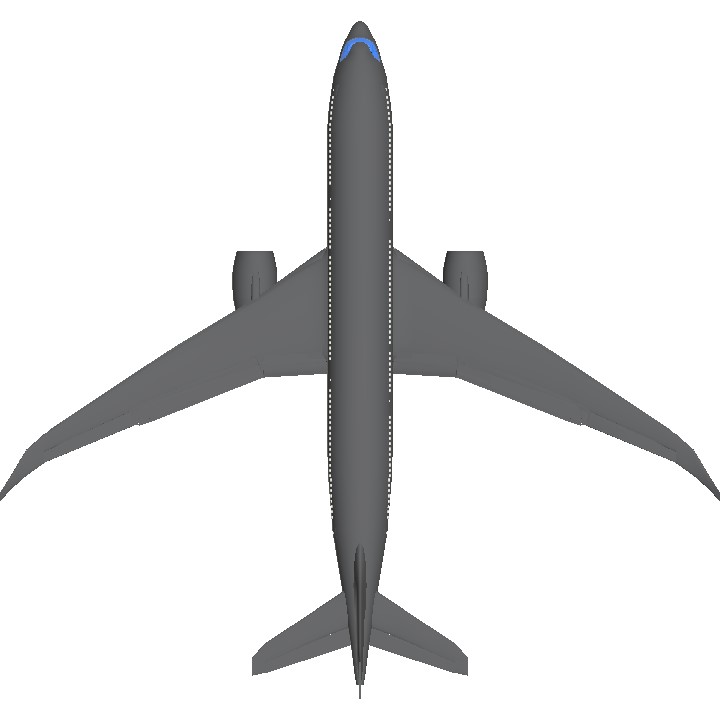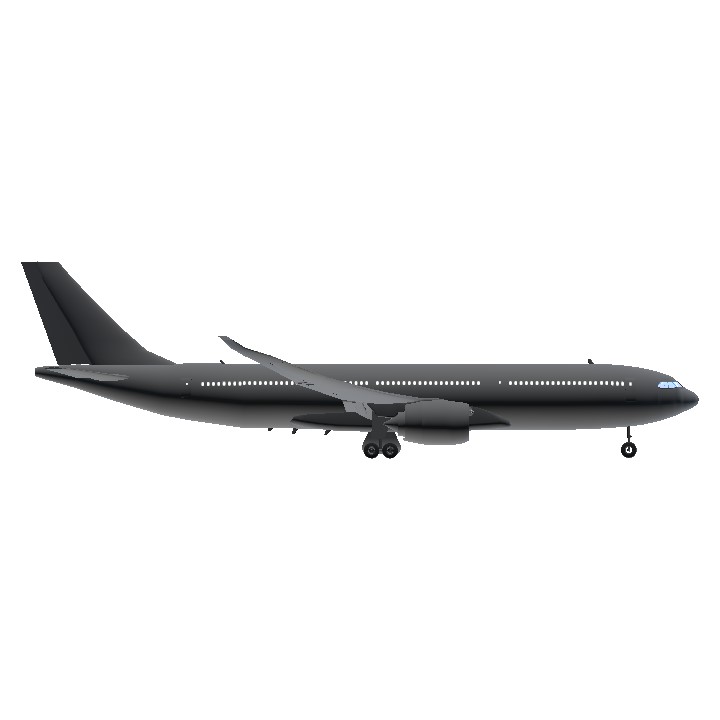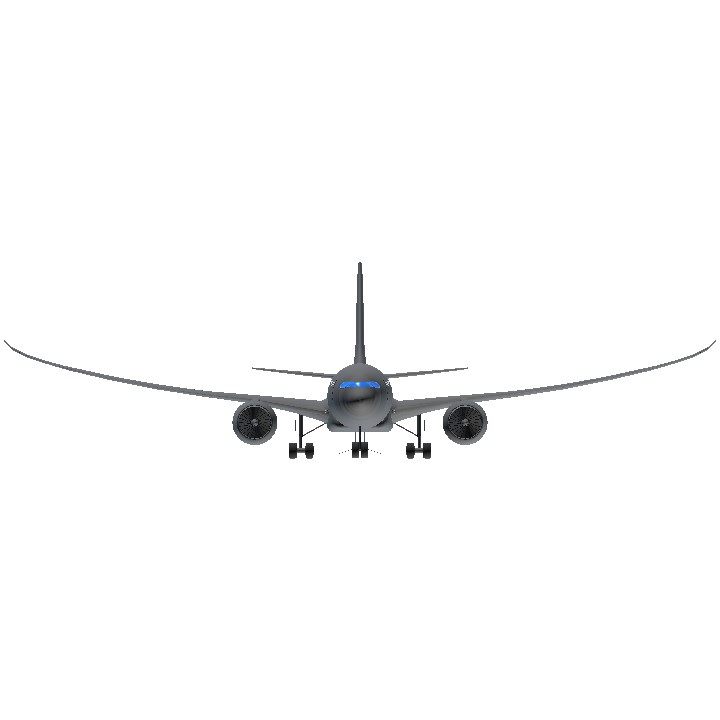Hello everyone, this should be the second Airbus plane I have made, as I have noticed that I have never made an Airbus plane before. So it was born. He took me 4 days because I had to go to school. So it was delayed for a long time.
Here are some introductions about activation groups:
AG1: Start engine
AG2: Reverse injection
AG4: APPR
AG5: Autonomous driving
AG6: Small table
AG7: Landing lights
AG8: Other lights
Real picture:

night:

cockpit:

Part of the instruments are sourced from @Annedzsrue
If you like my plane, please give me an upvote
Have fun: 3
The A330-900 is one of the two models of the A330neo, a member of Airbus' leading wide body aircraft family. The A330-900 is expected to be certified by airworthiness authorities in mid-2020. Airbus retains 99% of the spare parts commonality of the A330neo, achieving maximum takeoff weight increase through a combination of weight neutral reinforcement and landing gear adaptation. Very suitable for long-distance trans Pacific or Asia Europe routes, it is a typical three-level cabin configuration that can accommodate 260-300 passengers. The A330-900 will increase its range by 650 nautical miles or payload by over 6 tons. [8] The A330neo aircraft, a "new generation of versatile" aircraft, will enter the Chinese mainland market for operation, bringing passengers a completely new flying experience.
On July 14, 2014, following a collective resolution by the Airbus Group Board of Directors, Airbus decided to launch the A330-800neo and A330-900neo aircraft to further enhance the company's already leading wide body aircraft family.
On November 15, 2017, the first Airbus A330neo aircraft landed at Toulouse Blagnac Airport in France at 14:10 local time after successfully completing a 4-hour and 13 minute maiden flight. The first flight was conducted by an Airbus A330-900 test aircraft. The first Airbus A330-900 is expected to enter airline operations in mid-2018. At that time, this aircraft will have the lowest single seat mile cost in the 300 seat wide body aircraft market, continuing the success of Airbus A330-300 in this segment of the aircraft market.
On December 5, 2018, Airbus delivered its first A330-900 aircraft to TAP Portugal, the launch user of the A330neo
On February 22, 2024, Airbus announced on its official website that VietJet Air had signed a memorandum of understanding with Airbus to purchase 20 A330-900 wide body aircraft at the Singapore Airshow. After finalization, this will be Vietjet's first wide body aircraft order, which will replace Vietjet's leased A330-300 fleet and provide network expansion. [14]
On August 7, 2024, Cathay Pacific Airways announced on the Hong Kong Stock Exchange that its wholly-owned subsidiary and Airbus respectively agreed to purchase and sell thirty Airbus A330-900 aircraft; The wholly-owned subsidiary has obtained the right to purchase an additional thirty Airbus A330-900 aircraft.
Performance improvement
Both sub models are equipped with larger Rolls Royce Trent 7000 engines. Compared to the Trent 700 engine installed on the old A330, the fan diameter of the Trent 7000 has increased from 97.5 inches to 112 inches, and the bypass ratio has increased from 5:1 to 10:1. The A330neo wing has been redesigned using the latest generation of 3D computational fluid dynamics tools, which were first used in the A350 wing design. The new wing can increase aerodynamic efficiency by 4%; The Rolls Royce Tornada 7000 engine on the Airbus A330neo also incorporates new technology from the Tornada XWB engine on the A350 model, which can reduce fuel consumption by 11% compared to the previous generation Airbus A330CEO. The cockpit of the Airbus A330neo integrates the latest features from the A350, including dual head up display, RNP-AR high-precision navigation approach, runway overrun prevention system, advanced collision warning system, electronic flight bag with Wi Fi connectivity, FANS-C (4D) four-dimensional trajectory, and more. The cabin pressure altitude of the Airbus A330neo has also been reduced compared to the Airbus A330CEO, equivalent to an altitude of 6800 feet (about 2072 meters), which is similar to the experience of the Airbus A350 cabin, making travel more comfortable for passengers. In addition, the Airbus A330neo cabin has also introduced Airbus' AIR SPACE solution, which will enhance cabin atmosphere lighting, passenger comfort, onboard services, and design concepts. The overhead luggage rack space has also increased by more than half compared to the previous generation model. [6] By using a larger Rolls Royce Trent 7000 engine, the average seat fuel consumption can be reduced by 14% compared to the original A330, and there are 10 more seats. In addition, the maximum takeoff weight can reach 251 tons, slightly exceeding the Boeing 787-9 247 tons.
Specifications
Spotlights
- LIUHiaHia 6 months ago
General Characteristics
- Created On Android
- Wingspan 202.7ft (61.8m)
- Length 190.9ft (58.2m)
- Height 55.5ft (16.9m)
- Empty Weight 118,985lbs (53,971kg)
- Loaded Weight 456,594lbs (207,107kg)
Performance
- Power/Weight Ratio 1.033
- Wing Loading 93.4lbs/ft2 (455.8kg/m2)
- Wing Area 4,890.5ft2 (454.3m2)
- Drag Points 59648
Parts
- Number of Parts 641
- Control Surfaces 7
- Performance Cost 3,149





